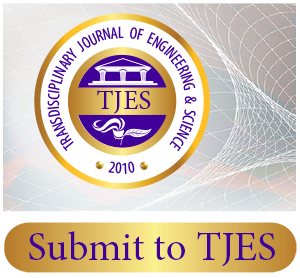Transdisciplinary Theory of Mexican Agricultural Knowledge: Semiotics, Communication and Anthropology
Abstract
This paper proposes a transdisciplinary model to explain the process of Mexican agriculture. It presents the results of a transdisciplinary study on wetland agriculture undertaken by the indigenous peoples of Xochimilco and San Gregorio south of Mexico City. The model also engages in a dialogue with three different types of knowledge: the first, corresponding to traditional or empirical knowledge, includes the three levels of reality (complex thinking); while scientific and technical knowledge corresponds to the second level of reality (simple thinking). When the three sets of knowledge create synergy, they produce the great semiotic system that explains their plurality and diversity. When communities self-organize at the ecological level, they conserve the agricultural production, traditions and customs constituting their cultural context. With the help of academic-technological innovation, they preserve their food, educational, sociocultural, and religious identity, and the creation of forms of government in keeping with their idiosyncrasy. These peoples have been able to survive in a world destroyed by genetically modified crops and food imports.


